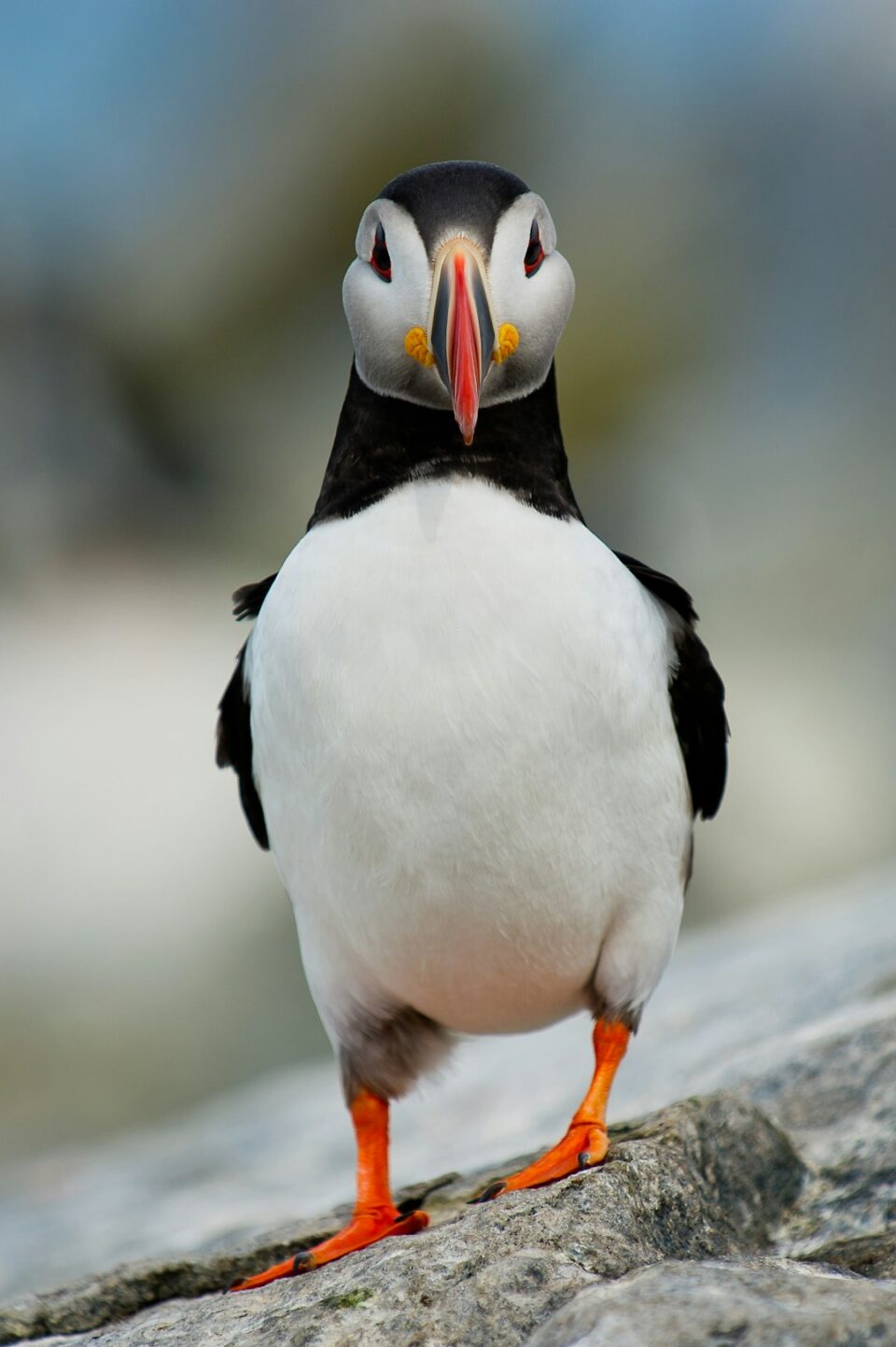Marine Giants: Discovering the Fascinating World of Whales
Whales, the gentle giants of the sea, have captivated human fascination for centuries. These magnificent creatures, known for their immense size and power, are truly a marvel of nature. Let us dive into the world of whales, exploring their unique characteristics, behaviors, and the importance of their conservation.
Whales belong to the cetacean family, a group that includes dolphins and porpoises. With over 90 species, whales come in a variety of shapes and sizes, ranging from the massive blue whale, which can reach a length of up to 98 feet and weigh around 200 tons, to the smaller, yet equally mesmerizing, narwhal with its iconic unicorn-like tusk.
One of the most interesting aspects of whales is their ability to communicate. While they may not possess vocal cords like humans, they communicate through a complex system of clicks, whistles, and songs that can travel vast distances underwater. These intricate vocalizations are an essential part of their social structure and play a significant role in their mating rituals and feeding patterns.
Another captivating characteristic of whales is their migration patterns. Many whale species undertake long journeys, covering thousands of miles each year. These migrations are driven by the need to find food and suitable breeding grounds. For instance, the humpback whales travel from the polar regions to warmer waters during the winter for breeding and calving, while the gray whale travels from the cold Arctic waters to the warmer coastlines of Mexico for the same purpose. These migrations are truly awe-inspiring, showcasing the endurance and adaptability of these marine giants.
Whales are also intriguing due to their feeding habits. Each species of whale has its own unique feeding strategy. Baleen whales, such as the blue whale, have baleen plates in their mouths that allow them to filter tons of water, trapping tiny shrimp-like organisms called krill, which they then consume. Toothed whales, on the other hand, like the killer whale or orca, adopt a more active hunting approach, preying on fish, squid, or even smaller marine mammals. These diverse feeding techniques highlight the incredible diversity within the whale family and their ability to adapt to different environments.
The conservation of whales and their habitats is of utmost importance. Whales face numerous threats that put their populations at risk, including habitat loss, climate change, pollution, and commercial hunting. Industrial activities such as shipping, oil drilling, and fishing also pose significant dangers to these gentle giants. Additionally, the loud noises produced by ships and sonar systems can disrupt their communication and disorient them. It is crucial that we take action to protect these magnificent creatures and the fragile ecosystems they inhabit.
Many organizations and individuals are dedicated to the conservation and research of whales. Marine biologists study their behavior, vocalizations, and migration patterns to gain a better understanding of their complex lives. International agreements such as the International Whaling Commission and regional initiatives seek to regulate hunting and promote conservation efforts. Eco-tourism has also emerged as a positive way to engage with whales in their natural habitat while raising awareness about their conservation needs.
In recent years, there has been a significant shift in public perception towards whales. They are no longer seen as mere resources or as competition for fishing industries but as sentient beings that deserve our admiration and protection. Documentaries and films like ‘Blackfish’ and ‘The Cove’ have played a crucial role in educating the public about the threats faced by whales, leading to increased support for their conservation.
Whales continue to fascinate and inspire us with their beauty, intelligence, and importance in marine ecosystems. The wonder of observing a breaching humpback whale or hearing the haunting songs of a pod of blue whales is an experience that stays with you forever. Let us cherish these marine giants and work towards ensuring their survival for generations to come. As we learn more about their fascinating world, let us remember that their existence is intricately connected to the well-being of our planet, and it is our responsibility to protect and preserve them.

